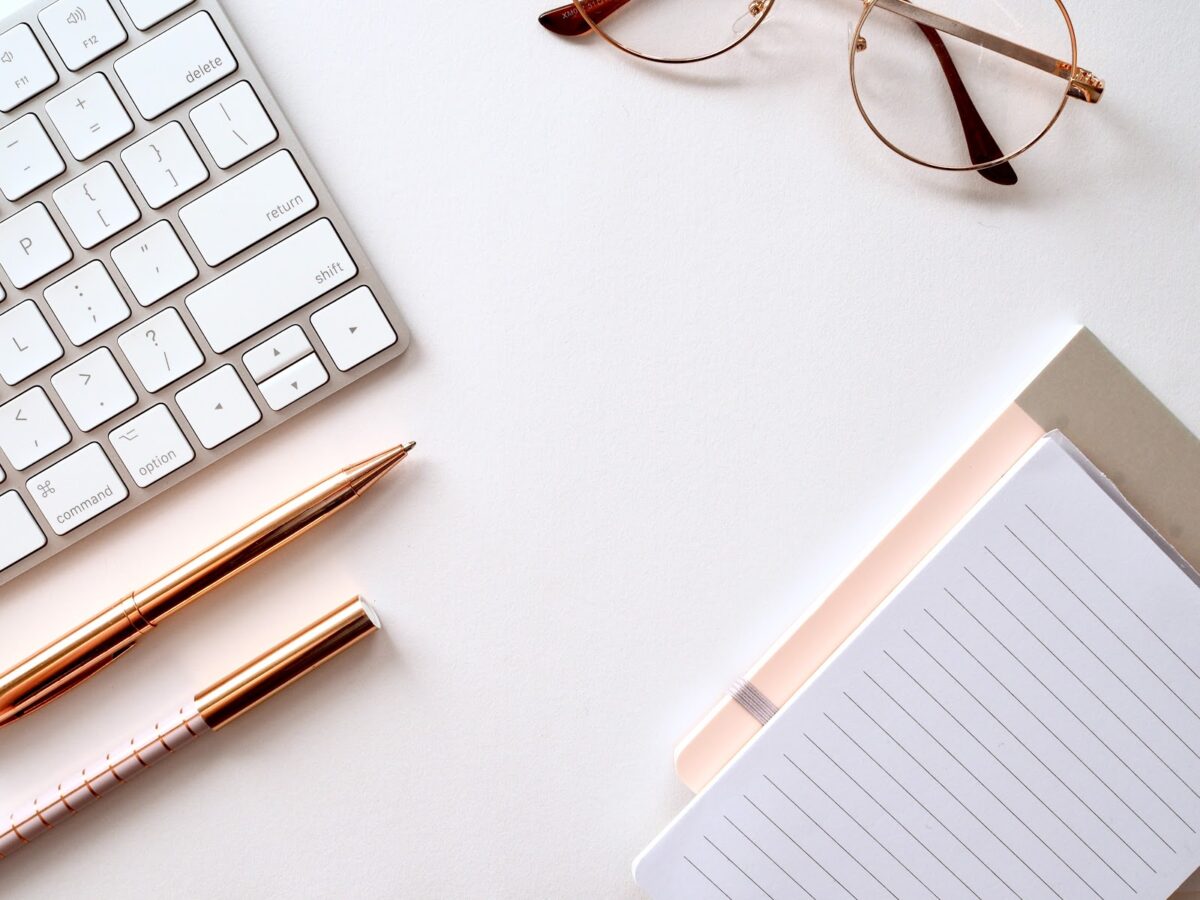People talk about the significance of techniques in piano playing. When you know how to apply your whole body, arms, fingers, and mind on playing the piano, your music becomes more expressive, enriched, and soulful. For this, you need to understand what you can do to achieve this state of performance. Usually, there are two aspects to this process – the unblocked/blocked state and balanced state. Let’s delve into them a bit to see what these are all about and how you can implement them in your practice.
The unblocked VS blocked state of piano playing
The mind needs to have control over fingertips while they play the instrument. If you focus on the finger method, you may believe that arm weight can obstruct the fingers’ agile movement path. However, the arm weight suggests that your fingers can move freely only when you involve your arms. Then, you can perform at full speed. If you reach this unblocked state, your foundation can be more robust, as some experts point out. To realize the difference, you have to do a little practice.
You can sit straight on your piano bench with hands on the lap. If you notice, your wrists would feel the weight coming from the arms. When you raise your wrist lightly, the pressure will transfer to the fingertips. It is an unblocked state. However, if the weight is on the elbows, you are essentially following up a blocked form.
At the time of piano playing, arm weight travels down to the bottom of the keys through the shoulders, and this weight needs the fingers’ support. When you use this unblocked state, your fingertips feel connected to the piano key, and as the pianist, your attention is also on them. Since your brain controls this entire movement, you can effortlessly command your fingers to be precise and accurate with the musical expression.
These things may not come to your observation when you are a novice learner. But learning the piano with full passion and commitment at a trustworthy place can teach you a thing or two to help you become a better player. And this also means you have to train well at a reputable music studio to develop a deep understanding and improve your playing experience.

The balanced state of piano playing
Any athletic activity requires complete balance to perform to its best ability and skills. Otherwise, even with the highest skills, the person cannot achieve superiority. Similarly, a professional pianist needs to gain the balance to reach the highest level. When equilibrium is the foundation, it doesn’t take time to activate a player’s full potential. In piano playing, balance refers to the management of arms weight and support of the fingers. Only a few serious students realize the importance of this and practice hard to bring it into their performance.
To improve this, you have to keep a few things in mind. One of them is the grip on the keys. Your first joints should be firm and sturdy so that the weight falls on the keys bed directly. Excessive pressure on the key-bed can create tension on your palms and wrists, leading to rigidity. Therefore, grip keys with reasonable effort.
Another factor is the consideration of wrists. Wrists are the support for the fingers. Through this, the arm-weight travels down to fingers. Using wrists correctly can influence your quality of playing extensively as speed and force depend on it. At the same time, it also impacts the positioning of the fingers on the keys. You have to ensure your wrists feel agile and flexible when you render different types of music.
Besides, you have to be careful about your fingers. They should go on the keys slowly and stay close to them. If you follow it, both your mind and muscle would be tension-free. You can benefit from this technique to play chords, octaves, single notes, etc.
These are only a few points. As you progress in our piano playing journey, you unearth many nuances and tricks that help you achieve excellence in your efforts. However, reaching such a degree of accuracy and performance requires a stable foundation of learning. So before you get into the depths, go to any well-known piano music school in your neighborhood. If you build your skills from zero to up, you will be able to reap its advantages over time, regardless of whether you do it for a career or personal interest. It will be a fulfilling experience for you in the end.
But learning about complex ideas can come in handy only when you become familiar with the basics. Once you start grasping a piano player’s primary traits, you would find it easier to advance your knowledge a bit more. Your music playing skills will also grow with every attempt you make, allowing you to enjoy everything you do.















